Join us on Tuesday 24 May and Thursday 26 May to find out how researchers can reach a wider audience and effectively use the media to increase the impact of their research.
The PR Team here at BU will take you through traditional and social media channels that can be used to communicate your research findings to both the general public and more specialised audiences. You will receive tips on how to work effectively with the media and find out how BU can support this process.
Dr Sarah Bate will then talk you through her experiences of engaging with the media, presenting a key impact case study that has extensively used the media to generate and evidence impact.
Book your place via Eventbrite:
Tuesday 24 May – Lansdowne
Thursday 26 May – Talbot
The session will take place on Tuesday 24 May in the Executive Business Centre (EB306) Lansdowne campus from 12.30 – 14.00, and will be repeated on Thursday 26 May in Kimmeridge House (KG03) Talbot campus from 13.30 – 15.00.
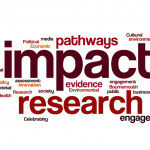
This session forms part of a series of research impact seminars and workshops, organised by RKEO to explore the various pathways to achieving societal and economic impact. Within the series, attendees will explore methods for effectively engaging a variety of research users throughout the research process, and develop new ways to plan, deliver and evidence impact.
View the other events in the series or email Genna West for further information.

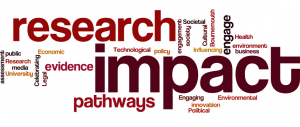
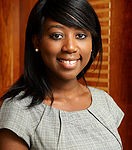
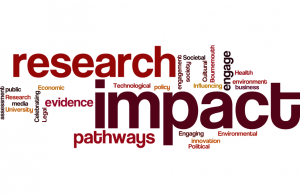
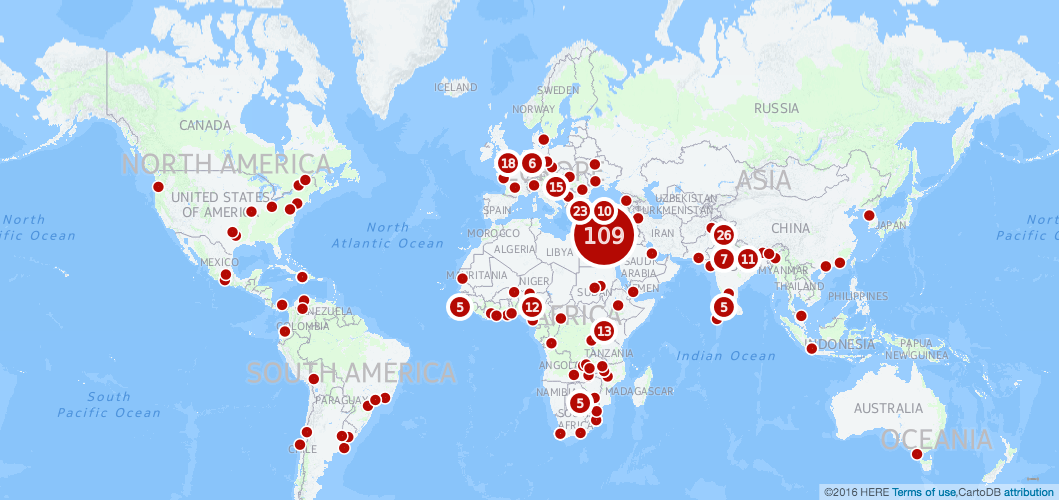





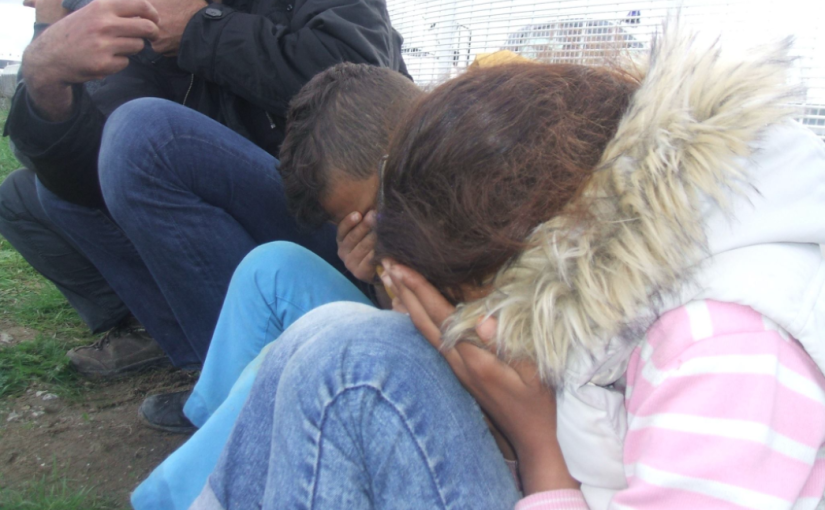


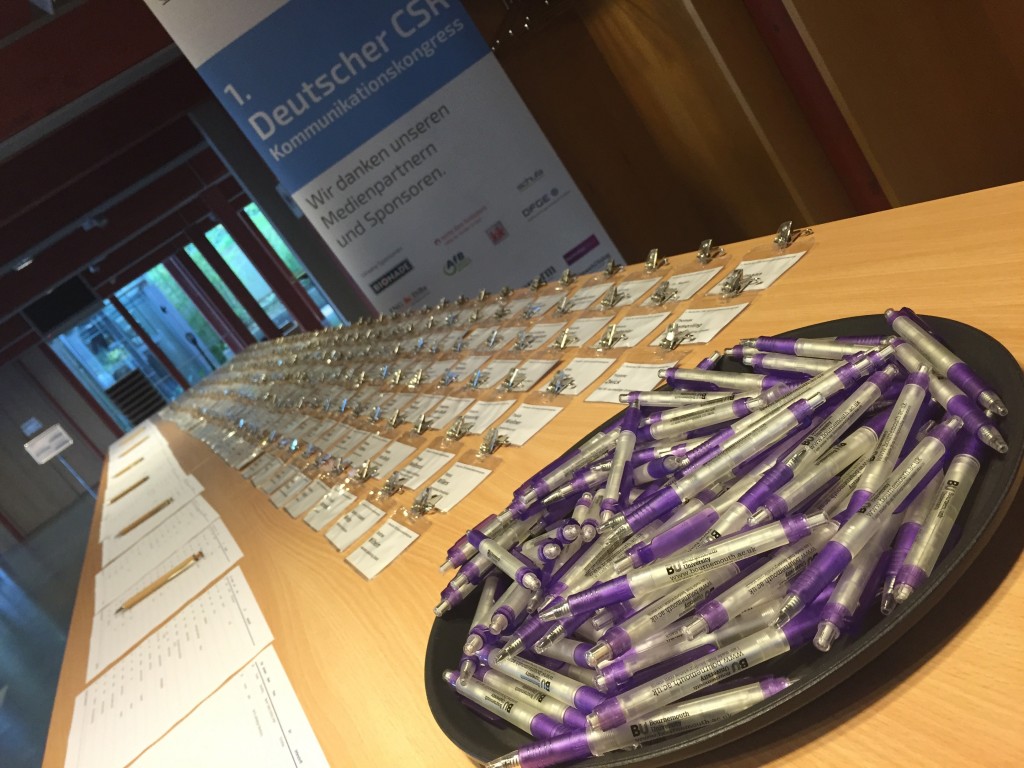
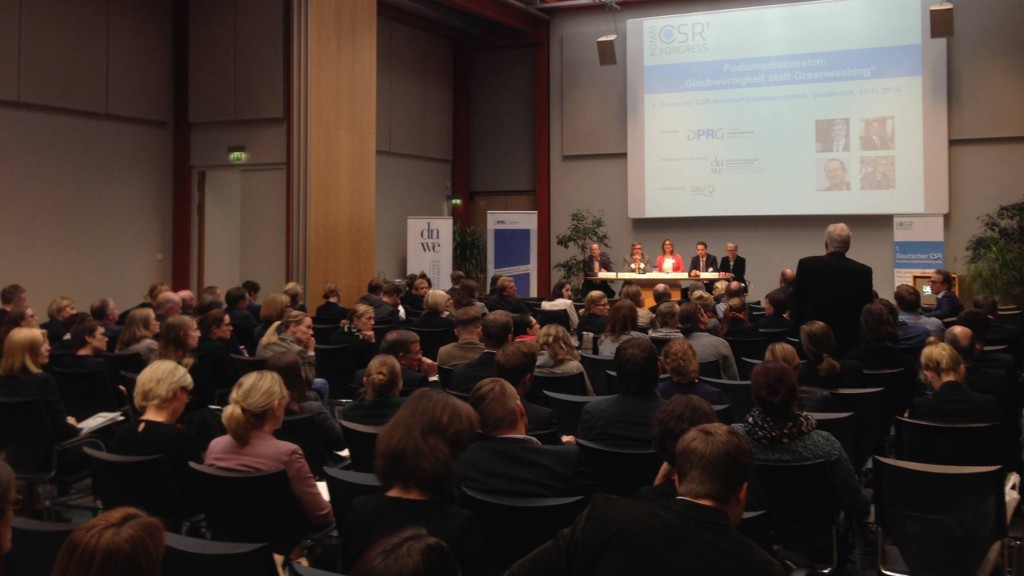
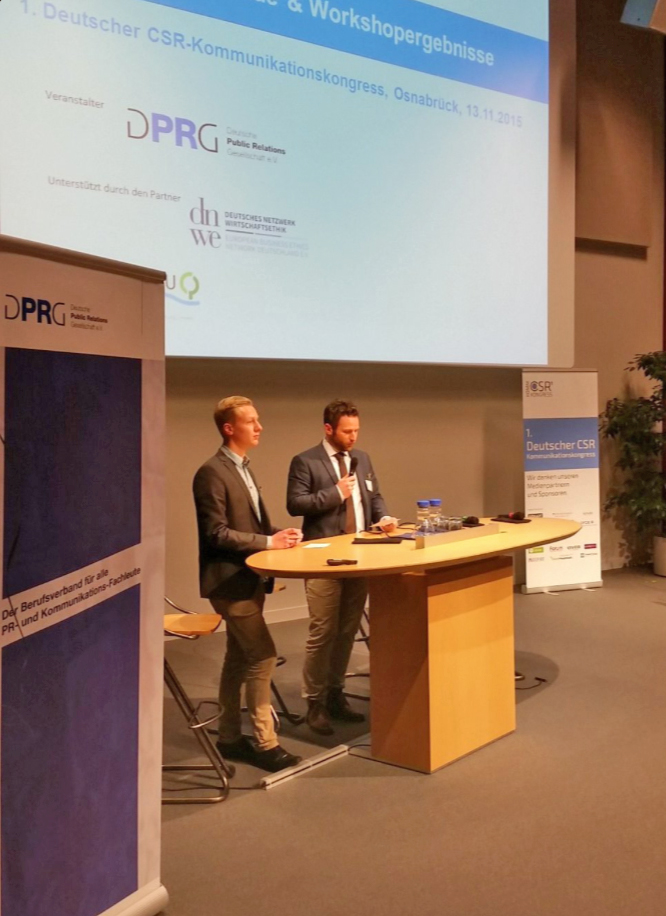
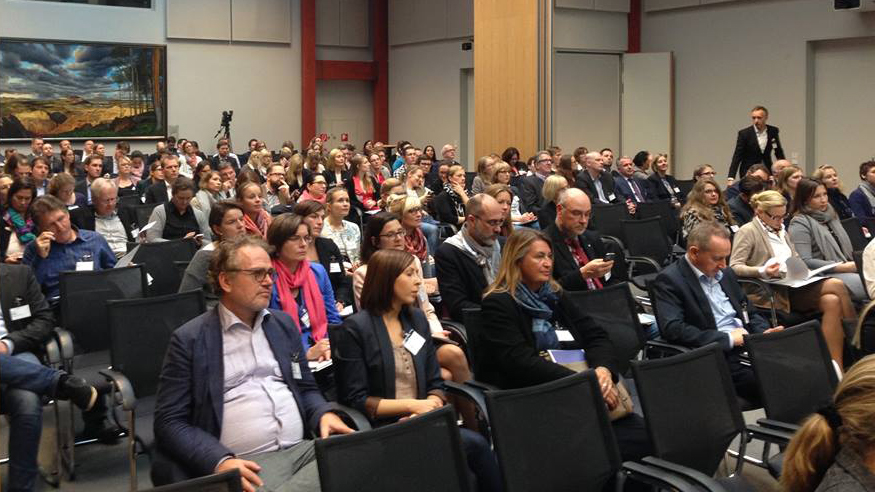


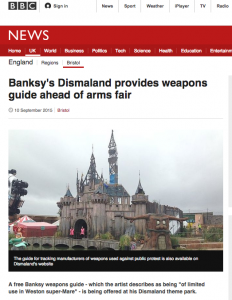 Everyday, around the world, law enforcement officers use tear gas, stun grenades, rubber bullets and other riot control weapons on civilians. While these devices are marketed as safe and humane ‘less lethal’ weapons, they regularly cause injuries and even deaths.
Everyday, around the world, law enforcement officers use tear gas, stun grenades, rubber bullets and other riot control weapons on civilians. While these devices are marketed as safe and humane ‘less lethal’ weapons, they regularly cause injuries and even deaths.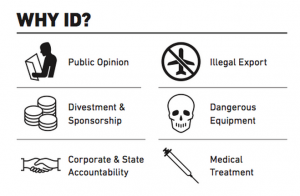 riot control weapons is largely predicated on their appropriate use, following strict, clinically trailed guidelines. Last week marked the 25th anniversary of the
riot control weapons is largely predicated on their appropriate use, following strict, clinically trailed guidelines. Last week marked the 25th anniversary of the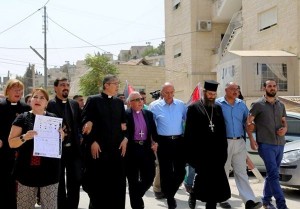 abuses, and identify the manufacturer and country of origin of these devices. It aims to help close the gap between how police are advised to use these weapons and how they are used in reality in ways that cause danger to civilians.
abuses, and identify the manufacturer and country of origin of these devices. It aims to help close the gap between how police are advised to use these weapons and how they are used in reality in ways that cause danger to civilians.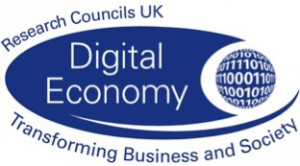
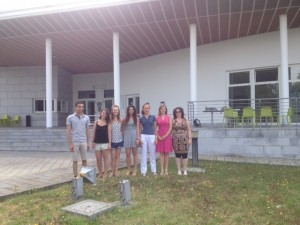











 Dr. Chloe Casey on Sky News
Dr. Chloe Casey on Sky News Final Bournemouth University publication of 2025
Final Bournemouth University publication of 2025 On Christmas Day in the Morning…
On Christmas Day in the Morning… New Nepal scoping review on maternal & neonatal health
New Nepal scoping review on maternal & neonatal health ECR Funding Open Call: Research Culture & Community Grant – Application Deadline Friday 12 December
ECR Funding Open Call: Research Culture & Community Grant – Application Deadline Friday 12 December MSCA Postdoctoral Fellowships 2025 Call
MSCA Postdoctoral Fellowships 2025 Call ERC Advanced Grant 2025 Webinar
ERC Advanced Grant 2025 Webinar Horizon Europe Work Programme 2025 Published
Horizon Europe Work Programme 2025 Published Horizon Europe 2025 Work Programme pre-Published
Horizon Europe 2025 Work Programme pre-Published Update on UKRO services
Update on UKRO services European research project exploring use of ‘virtual twins’ to better manage metabolic associated fatty liver disease
European research project exploring use of ‘virtual twins’ to better manage metabolic associated fatty liver disease